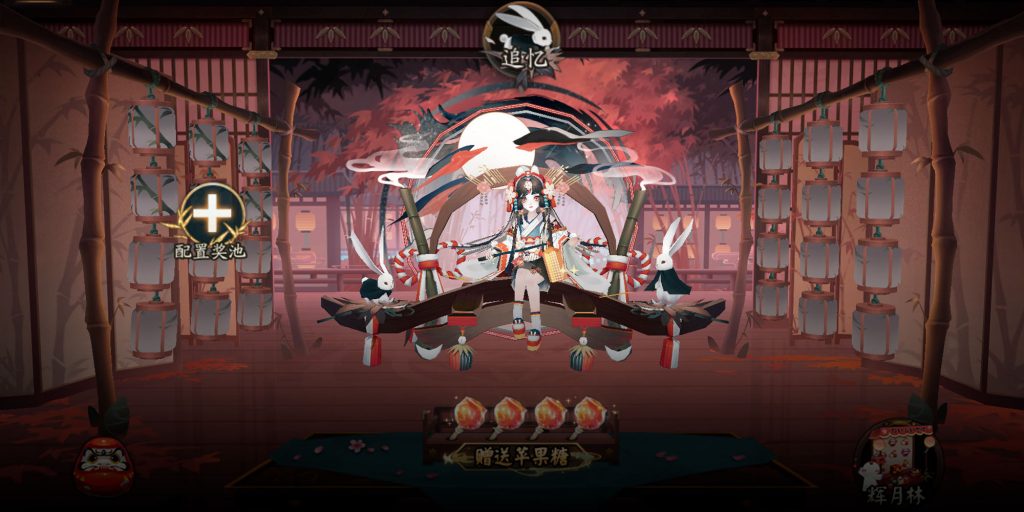China’s home to 300 million female gamers. Why don’t developers take them seriously?
This August, a teaser trailer for the forthcoming Black Myth: Wukong had China’s gaming community on cloud nine. Although the country is home to some of the world’s top mobile gaming companies and several well-regarded indie developers, Black Myth was something different: Based on the classic tale “Journey to the West,” it wants to be China’s first true AAA game, a category dominated by graphics-intensive titles like the Dark Souls series.
Although developer Game Science has yet to release even a demo version of Black Myth, the trailer nevertheless racked up over 10 million views on video-streaming site Bilibili within a day of being uploaded, alongside another 2 million views on YouTube.
Game Science may not have been prepared for all that attention. The day of the trailer’s release, founder and CEO Feng Ji wrote on microblogging platform Weibo: “We’ve been staffing up with new hires, and I’ve been sucked off so many times I can’t get an erection anymore.” Two days later he came back for more, writing, “Watching it (the trailer) made me wet too… My pants are about to burst!”
Soon, internet sleuths had unearthed a pattern of lewd and offensive job postings by the company dating back to 2015. In one of the ads, a mouse cursor is placed over the private parts of a nude woman in a painting. The job advertisements were taken down after the controversy broke, but their sheer crassness drew harsh criticism, including from the country’s female gamers, many of whom had enthusiastically promoted the trailer when it was released.
It was far from the first time game companies had disappointed China’s female gamers. Just to give one example, the popular Ming dynasty-set mobile title “One Hundred Scenes of Jiangnan” includes vulgar and insulting references to female characters, and missions that require players pick up traditional Chinese female undergarments and deliver them to a male character. Yet once again, many male gamers have chosen to direct their anger not at the developers of Black Myth, but at the female gamers who have spoken out.
According to an industry report, roughly 300 million Chinese women played video games last year — representing a market almost as large as the population of the entire United States. However, as a female game designer, I’ve often observed how the industry continues to discount female users in favor of their male counterparts. Continue to read the full article here
– This article originally appeared on Sixth Tone.






